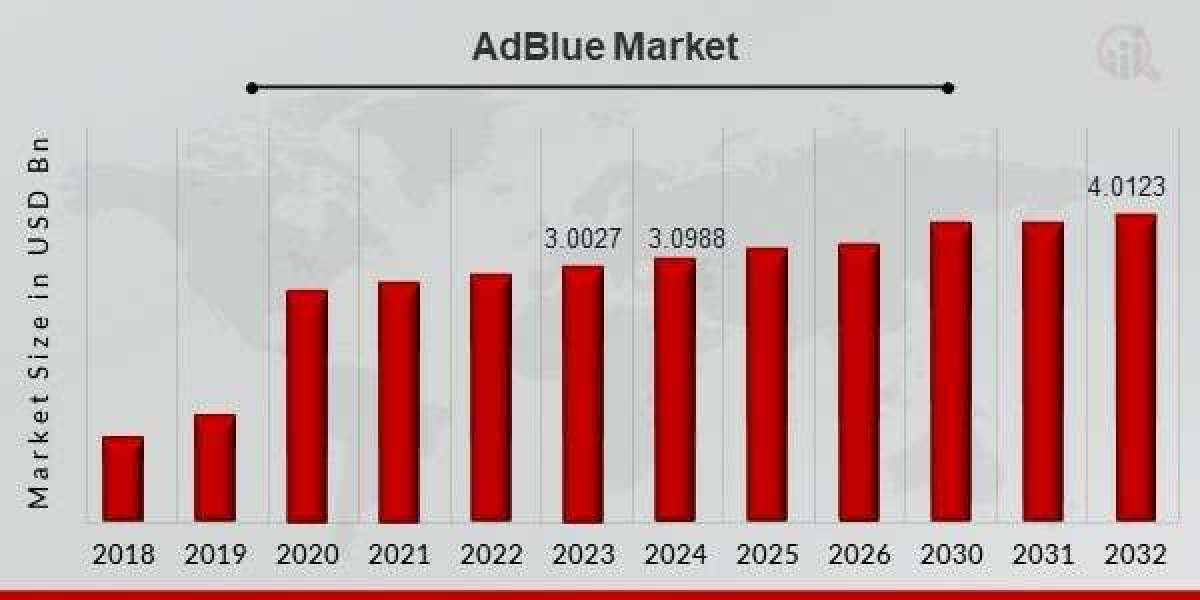With the rapid rise of electric vehicles (EVs) on the road, the need for reliable and efficient EV home charger installation has never been greater. As more people make the switch to sustainable transportation, installing a home EV charging station has gone from being a luxury to a necessity.
This comprehensive guide will walk you through everything you need to know about installing an EV charger at home — from understanding the types of chargers to choosing the right one, the installation process, costs involved, and more.
Why You Need a Home EV Charging Station
If you're an EV owner, you've likely realized that depending solely on public charging stations can be inconvenient and time-consuming. A EV home charger installation allows you to:
Charge your EV overnight
Avoid waiting at public stations
Save money over time
Maintain battery health with slow, consistent charging
Add value to your property
In simple terms, EV home charger installation means convenience, control, and cost savings.
Understanding EV Charger Types: Level 1 vs Level 2
Before you begin the installation process, it's important to understand the two most common types of EV chargers available for home use:
? Level 1 Charger
Uses a standard 120V household outlet
Slow charging speed (3-5 miles per hour)
Ideal for plug-in hybrids or minimal daily driving
⚡ Level 2 Charger
Uses a 240V outlet (like an electric dryer)
Faster charging (25-30 miles per hour)
Recommended for most electric vehicle owners
Requires professional electric vehicle charger installation
If you're serious about EV ownership, a Level 2 EV charger is the most practical option for daily use.
Things to Consider Before EV Home Charger Installation
There’s more to installing an EV charger than just plugging it in. Consider these key factors before proceeding:
1. Your Home’s Electrical Capacity
Can your current electrical panel handle the additional load of an EV charger? Most older homes may need an upgrade or dedicated circuit installation.
2. Location of Charger
Choose a location that’s easily accessible to your vehicle, preferably close to where you park it. A wall-mounted unit in your garage is the most common setup.
3. Permits and Local Regulations
Depending on your city or state, you might need a permit for home EV charging station installation. Check with your local municipality or a certified electrician.
4. Hardwired vs Plug-in
Some chargers are hardwired directly into your electrical system, while others are plug-in units that use a NEMA 14-50 outlet. Hardwired units are often more permanent and weather-resistant for outdoor setups.
How Much Does EV Charger Installation Cost?
Let’s break down the potential costs involved:
| Component | Estimated Cost (INR) |
|---|---|
| Level 2 Charger | ₹40,000 – ₹90,000 |
| Electrical Panel Upgrade | ₹15,000 – ₹50,000 |
| Installation Labor | ₹5,000 – ₹25,000 |
| Permit Fees (if any) | ₹1,000 – ₹5,000 |
On average, the total EV home charger installation cost in India can range between ₹50,000 to ₹1,50,000, depending on the complexity of the job and the charger model chosen.
Who Should Install the EV Charger?
While some handy homeowners might be tempted to DIY, it's strongly recommended to hire a certified electrician or a professional EV charger installer for safety and compliance reasons. They’ll ensure:
Proper wiring and voltage compatibility
Compliance with local building codes
Optimal charger placement
Safe and secure connection
Additionally, professional installation ensures warranty protection for both your charger and your vehicle’s battery.
Best EV Chargers for Home Use in 2025
If you're looking to invest in a reliable EV charger, here are some top-rated models that work well in Indian homes:
Tata Power EZ Home Charger
ABB Terra AC Wallbox
Delta AC Mini Plus
Zappi Smart EV Charger
Bosch Level 2 EVSE
These chargers offer features such as smart charging, energy monitoring, mobile app control, and even solar integration.
Smart EV Charging: The Future is Here
Modern EV chargers come equipped with smart charging features that allow you to:
Monitor energy usage
Schedule charging during off-peak hours
Control the charger remotely via mobile app
Integrate with solar energy systems
Such features not only offer convenience but also reduce electricity costs and maximize efficiency.
Environmental and Financial Benefits
Aside from convenience, EV home charger installation supports your long-term sustainability goals. Charging at home reduces your carbon footprint and contributes to cleaner air in your community.
Plus, many Indian states are offering subsidies and tax benefits on EV chargers and installations as part of their green energy initiatives.
Step-by-Step EV Home Charger Installation Process
Here's what to expect during a standard installation:
Assessment – Electrician assesses your electrical panel, load capacity, and preferred charger location.
Permit & Approval – If required, obtain permits from local authorities.
Wiring & Setup – Dedicated circuit is installed; charger is mounted and connected.
Testing – Charger is tested for safety, functionality, and performance.
App Integration (Optional) – If your charger is smart-enabled, integrate it with your app.
Installation typically takes 3–6 hours depending on complexity.
Final Thoughts: Is EV Home Charger Installation Worth It?
Absolutely. Investing in EV home charger installation ensures you're ready for the EV revolution — with faster, safer, and more cost-efficient charging at your fingertips.
Whether you're a new EV owner or planning to switch soon, having a reliable home charging solution is essential. It’s not just a lifestyle upgrade; it’s a smart, future-ready decision.



